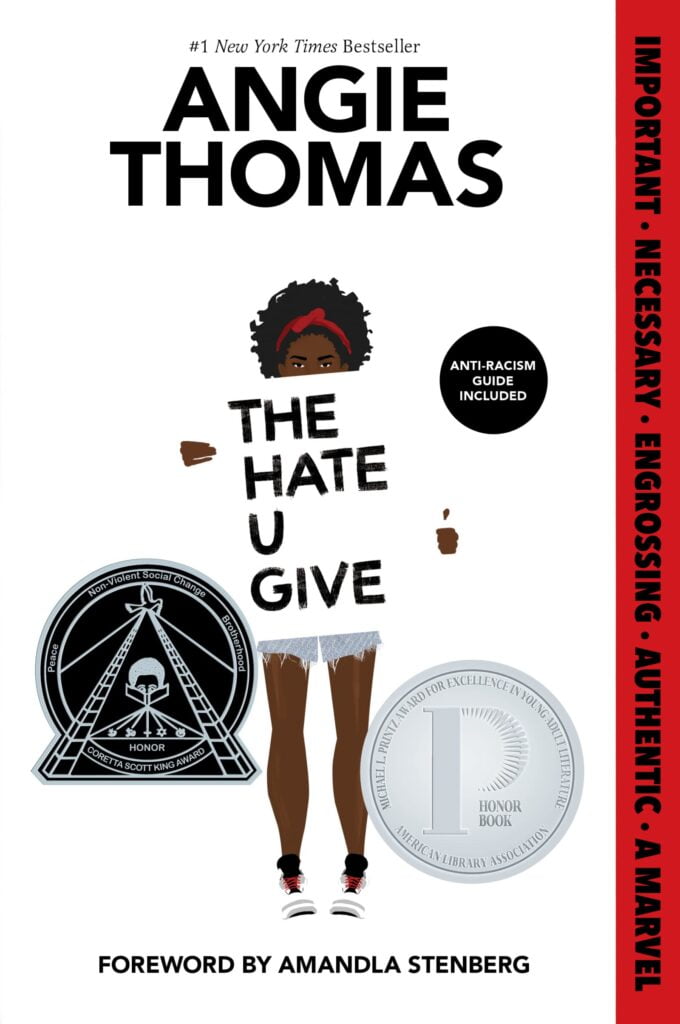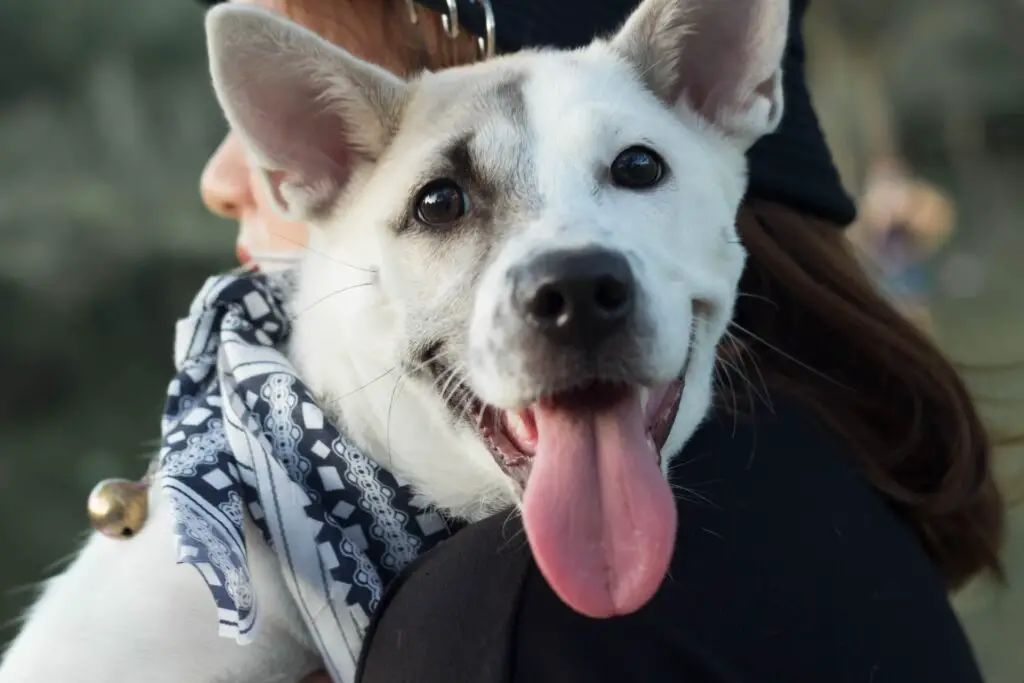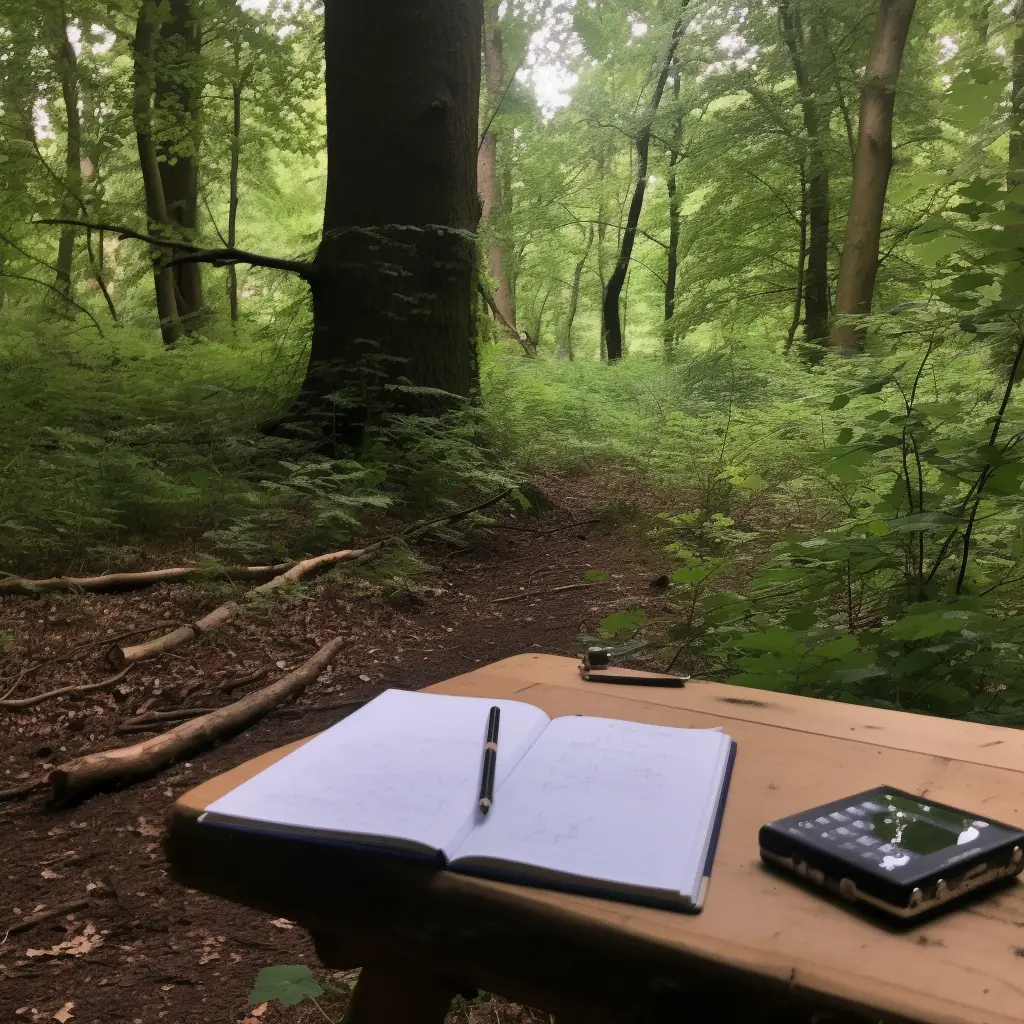
Words are powerful tools that we use to communicate and describe the world around us. Verbs and adjectives are particularly useful in this regard, as they allow us to convey action and describe qualities and characteristics.
In this article, we’ll explore a diverse range of descriptive verbs and adjectives that can be used to enhance writing and better communicate thoughts and ideas. Whether you are a writer looking to expand your vocabulary or simply want to add more descriptive language to your everyday conversations, this list is sure to provide you with plenty of inspiration!
Common Descriptive Adjectives and Different Ways to Say Them
Beautiful
- Attractive
- Handsome
- Lovely
- Gorgeous
- Stunning
- Elegant
- Radiant
- Exquisite
- Delicate
- Fine
- Aesthetic
- Appealing
- Charming
- Alluring
- Enticing
- Seductive
- Captivating
- Irresistible
- Beguiling
- Enchanting
Ugly
- Unattractive
- Hideous
- Repulsive
- Disgusting
- Grotesque
- Frightful
- Terrifying
- Horrible
- Offensive
- Unsightly
- Unpleasing
- Unappealing
- Dismal
- Ghastly
- Nasty
- Revolting
- Unlovely
- Vile
- Awful
- Abhorrent
Tall
- Lofty
- Statuesque
- Towering
- Grand
- Elegant
- Majestic
- Stately
- Imposing
- Monumental
- Regal
- Noble
- Elevated
- Elevated
- High
- Big
- Great
- Gigantic
- Colossal
- Huge
- Vast
Short
- Petite
- Small
- Compact
- Tiny
- Little
- Diminutive
- Miniature
- Short
- Dwarf
- Pint-sized
- Mini
- Wee
- Microscopic
- Minuscule
- Tiny
- Small-scale
- Miniature
- Bitty
- Itsy-bitsy
- Teensy-weensy
Fat
- Plump
- Chubby
- Overweight
- Stout
- Portly
- Corpulent
- Obese
- Rotund
- Full-figured
- Heavy
- Thick
- Stocky
- Pudgy
- Round
- Fleshy
- Plumpish
- Puffy
- Beefy
- Fluffy
- Bulky
Thin
- Slender
- Lean
- Svelte
- Thin
- Slinky
- Willowy
- Lean
- Spindly
- Scrawny
- Narrow
- Sleek
- Sparse
- Lanky
- Wiry
- Skeletal
- Gaunt
- Scant
- Spare
- Lean
- Spindly
Strong
- Powerful
- Muscular
- Robust
- Strong
- Athletic
- Fit
- Brawny
- Sturdy
- Solid
- Tough
- Hard
- Powerful
- Stout
- Healthy
- Virile
- Hefty
- Muscular
- Mighty
- Sinewy
- Hardy
Weak
- Fragile
- Frail
- Delicate
- Weak
- Feeble
- Infirm
- Fragile
- Flimsy
- Weakly
- Wispy
- Lacking strength
- Feeble-minded
- Fragile
- Infirm
- Delicate
- Weak
- Unfit
- Helpless
- Powerless
- Incapacitated
Brave
- Courageous
- Fearless
- Brave
- Gallant
- Adventurous
- Daring
- Bold
- Valiant
- Heroic
- Tenacious
- Audacious
- Intrepid
- Gutsy
- Confident
- Self-assured
- Steadfast
- Strong-willed
- Unwavering
- Unflinching
- Unfaltering
Cowardly
- Timid
- Fearful
- Cautious
- Nervous
- Apprehensive
- Anxious
- Dreadful
- Wary
- Terrified
- Frightened
- Panicked
- Shaky
- Skittish
- Jittery
- Yellow
- Unconfident
- Trembling
- Timorous
- Chicken
- Spineless
Intelligent
- Smart
- Intelligent
- Brilliant
- Clever
- Gifted
- Clever
- Genius
- Sharp
- Quick-witted
- Ingenious
- Astute
- Enlightened
- Erudite
- Knowledgeable
- Sapient
- Sage
- Intellectual
- Scholarly
- Wise
- Logical
Dumb
- Uninformed
- Ignorant
- Uneducated
- Illiterate
- Unlettered
- Unlearned
- Unschooled
- Naive
- Simple
- Inexperienced
- Unworldly
- Gullible
- Unsophisticated
- Unenlightened
- Unwise
- Unintelligent
- Simple-minded
- Stupid
- Idiotic
- Foolish
Happy
- Joyful
- Glad
- Delighted
- Pleased
- Blissful
- Contented
- Gratified
- Cheerful
- Beaming
- Smiling
- Elated
- Overjoyed
- Jubilant
- Radiant
- Merry
- Happy
- Thrilled
- Excited
- Efficient
- Ecstatic
Sad
- Miserable
- Unhappy
- Down
- Despairing
- Depressed
- Downcast
- Dejected
- Displeased
- Discontented
- Gloomy
- Melancholy
- Blue
- Mournful
- Sorrowful
- Pained
- Heartbroken
- Devastated
- Distraught
- Anguished
- Grief-stricken
Angry
- Furious
- Enraged
- Irate
- Mad
- Fired up
- Annoyed
- Frustrated
- Exasperated
- Infuriated
- Livid
- Outraged
- Resentful
- Cross
- Bitter
- Irate
- Agitated
- Incensed
- Provoked
- Vexed
- Peeved
Excited
- Thrilled
- Eager
- Enthusiastic
- Exhilarated
- Stimulated
- Energized
- Roused
- Invigorated
- Animated
- Ebullient
- Jubilant
- Fervent
- Exalted
- Rapturous
- Overjoyed
- Gleeful
- Joyous
- Exultant
- Jubilant
- Blissful
Bored
- Uninterested
- Disinterested
- Indifferent
- Unengaged
- Uninvolved
- Disengaged
- Weary
- Tired
- Lethargic
- Sluggish
- Bored
- Restless
- Fidgety
- Listless
- Apathetic
- Monotonous
- Tedious
- Dreary
- Uninspired
- Unmotivated
Confused
- Perplexed
- Baffled
- Puzzled
- Dazed
- Stunned
- Disoriented
- Flustered
- Confounded
- Lost
- Dazed
- Discombobulated
- Confused
- Mixed-up
- Mistaken
- Misunderstood
- Disoriented
- Flummoxed
- Befuddled
- Muddled
- Beguiled
Surprised
- Astonished
- Shocked
- Stunned
- Startled
- Amazed
- Astounded
- Flabbergasted
- Taken aback
- Surprised
- Mind-blown
- Gobsmacked
- Dumbfounded
- Flummoxed
- Awe-struck
- Astonic
- Astonied
- Thunderstruck
- Dazed
- Stupefied
- Confounded
Disgusted
- Repulsed
- Revolted
- Nauseated
- Sickened
- Averse
- Distasteful
- Unappealing
- Unpalatable
- Unsavory
- Repellent
- Disgusting
- Offending
- Unwholesome
- Contemptible
- Detestable
- Abhorrent
- Loathsome
- Hateful
- Vile
- Revolting
Amused
- Entertained
- Delighted
- Pleased
- Gratified
- Chuckling
- Giggling
- Laughing
- Chuckling
- Grinning
- Smirking
Frustrated
- Annoyed
- Irritated
- Bothered
- Bored
- Displeased
- Exasperated
- Disappointed
- Inconvenienced
- Offended
- Peeved
- Resentful
- Annoyed
- Angry
- Cross
- Impatient
- Infuriated
- Provoked
- Vexed
- Agitated
- Furious
Common Descriptive Verbs and Different Ways to Say Them
Walk
- Stroll
- Hike
- Stride
- March
- Stumble
- Trudge
- Traverse
- Meander
- Amble
- Roam
Run
- Sprint
- Jog
- Race
- Gallop
- Rush
- Bolt
- Speed
- Scamper
- Hurtle
- Charge
Jump
- Leap
- Spring
- Bounce
- Hop
- Skip
- Vault
- Bound
- Fly
- Soar
- Lunge
Skip
- Jump
- Leap
- Spring
- Bounce
- Hop
- Vault
- Bound
- Fly
- Soar
- Hopscotch
Dance
- Waltz
- Tango
- Foxtrot
- Salsa
- Mambo
- Cha-cha
- Jive
- Rumba
- Swing
- Boogie
Sing
- Croon
- Warble
- Trill
- Hum
- Whistle
- Carole
- Chant
- Vocalize
- Yordle
- Harmonize
Play
- Amuse
- Entertain
- Divert
- Engage
- Enjoy
- Relish
- Delight
- Revel
- Take pleasure in
- Participate in
- Engage in
Work
- Labor
- Toil
- Grind
- Hustle
- Toil
- Struggle
- Strive
- Slog
- Ply
- Moil
- Drudge
- Sweat
- Strain
- Exert
Study
- Research
- Examine
- Analyze
- Investigate
- Explore
- Delve
- Inquire
- Assess
- Evaluate
- Assay
Read
- Peruse
- Scan
- Browse
- Pore over
- Examine
- Inspect
- Review
- Look over
- Study
- Analyze
Write
- Compose
- Pen
- Draft
- Scribble
- Sketch
- Jot
- Notate
- Record
- Log
- Enter
- Inscribe
Draw
- Sketch
- Render
- Depict
- Illustrate
- Trace
- Scribble
- Inscribe
- Sculpt
- Carve
- Chisel
Cut
- Chop
- Slice
- Dice
- Carve
- Shear
- Scissor
- Trim
- Prune
- Sever
- Splice
Cook
- Bake
- Broil
- Roast
- Grill
- Fry
- Boil
- Steam
- Poach
- Simmer
- Stew
- Sauté
Grind
- Crush
- Pulverize
- Mince
- Powder
- Grate
- Mash
- Smush
- Squeeze
- Compress
- Break down
Mix
- Blend
- Combine
- Stir
- Mix
- Whisk
- Whip
- Beat
- Fold
- Shake
- Toss
Describing the World Through Language
Great writing doesn’t just state what happens, it shows it, it paints it, it describes a world in your readers mind that they step into. The list above can certainly help you on your way to improving your descriptive language, but there are a few other tips to help you achieve this lofty goal!
- Use descriptive language to paint a vivid picture in the reader’s mind. This can help to transport the reader into the world you are describing and make the experience more immersive.
- Vary your language and try to use a range of different descriptive words and phrases. It keeps your writing fresh and engaging and prevents it from becoming repetitive or monotonous.
- Use specific and concrete language rather than general or abstract terms. This can help to make your descriptions more grounded and believable.
- Pay attention to the connotations of the words you use, as these can greatly impact the overall tone and atmosphere of your writing.
- Use descriptive language to show, not tell. Rather than simply telling the reader how a character or setting looks, use descriptive language to help the reader visualize it for themselves.
Good luck!




